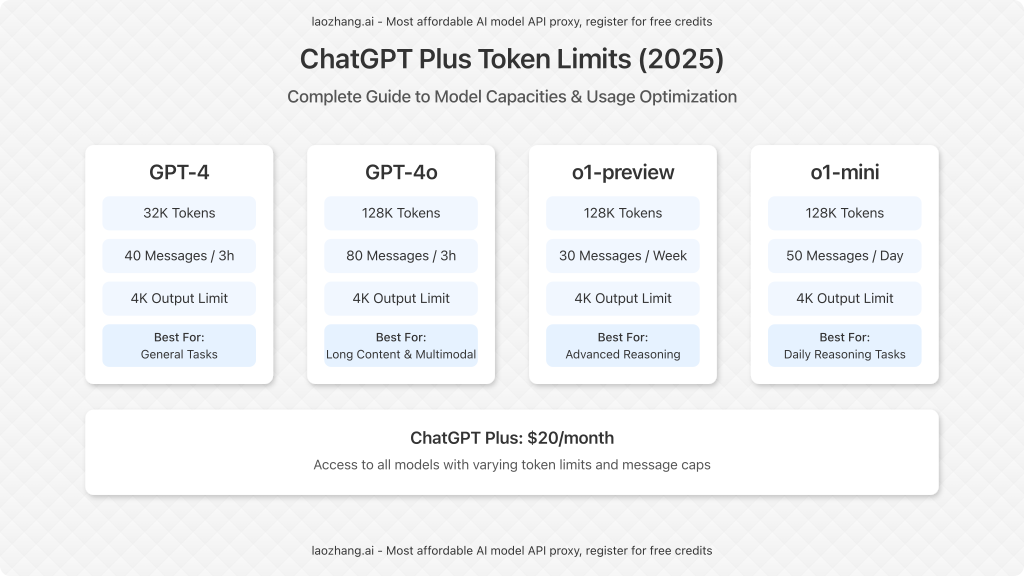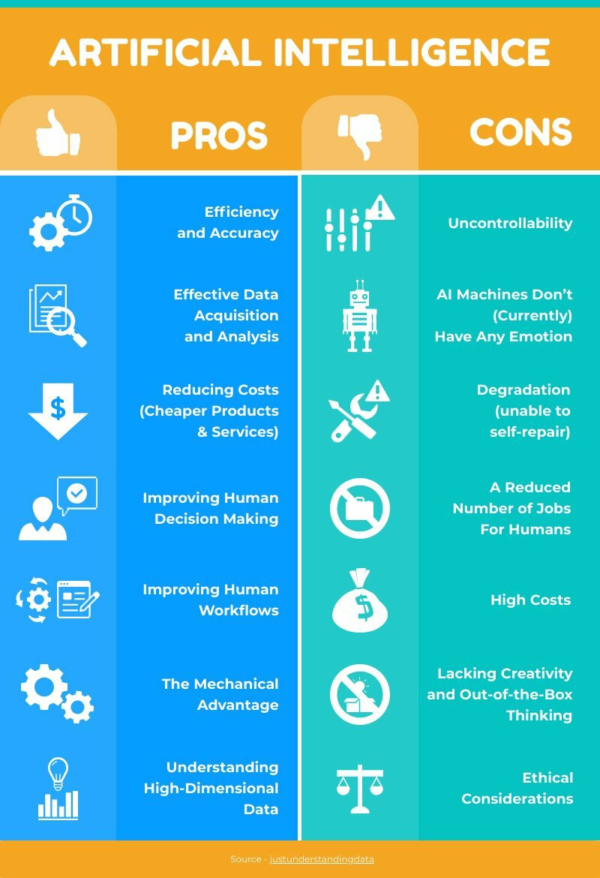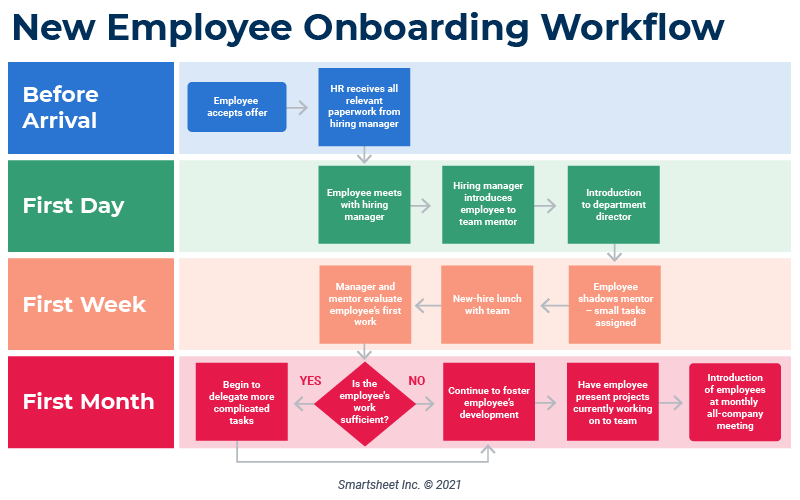How ChatGPT Transforms Web Content: From Information Overload to Visual Clarity
The Reality of Web Summarization with ChatGPT
I've spent countless hours experimenting with ChatGPT's summarization capabilities, and I'm here to share what really works. Whether you're drowning in research papers or racing through industry news, ChatGPT can transform how you process web content—but only if you know the right approaches.
The Reality of Web Summarization with ChatGPT
Current Capabilities and Access Methods
When I first tried to make ChatGPT summarize a website, I quickly discovered it's not as straightforward as pasting a URL and hitting enter. The reality is more nuanced, but the possibilities are impressive once you understand the landscape.
Direct URL Processing
Available only with GPT-4 models and paid subscriptions. Simply paste the URL and ask for a summary.
Manual Copy-Paste
Works universally with all ChatGPT versions, though it adds an extra step to your workflow.
Web Summarization Workflow Options
flowchart TD
A[Web Content] --> B{ChatGPT Version?}
B -->|GPT-4 Plus| C[Direct URL Input]
B -->|GPT-3.5 Free| D[Copy Text Manually]
B -->|Any Version| E[Browser Extension]
C --> F[AI Summary]
D --> F
E --> F
F --> G["Review & Refine"]
G --> H[Visual Presentation]
H --> I[PageOn.ai Integration]
According to recent analysis from ChatHub, third-party tools and browser extensions have emerged as the bridge between ChatGPT's capabilities and seamless web browsing. Tools like ChatHub and NoteGPT integrate directly with your browser, allowing one-click summarization without the manual copy-paste dance.
Technical Limitations Shaping User Experience
I've learned that understanding ChatGPT's limitations is crucial for setting realistic expectations. The model can handle approximately 128,000 tokens of input (roughly 50 pages of text), but can only output 4,096 tokens at a time—about three pages worth.

- No direct internet access in the base GPT-3.5 model means you need workarounds
- Character restrictions can truncate extensive documentation mid-summary
- Visual content, videos, and infographics remain invisible to the AI
- Subscription-gated content creates additional access barriers
Practical Implementation Strategies
Optimizing Your Summarization Workflow
Through extensive testing, I've discovered that the quality of your summary depends heavily on how you craft your prompts. The difference between a vague "summarize this" and a well-structured request is night and day.
Time Savings Across Different Content Types
My Proven Prompt Templates
-
▸
For concise overviews: "Summarize this webpage in 100 words, focusing on key findings and practical implications"
-
▸
For structured analysis: "Create a bullet-point summary with sections for: main argument, supporting evidence, and conclusions"
-
▸
For technical content: "Summarize this technical document for a non-technical audience, explaining jargon where necessary"
I've found that browser extensions dramatically streamline the process. Tools mentioned in ChatGPT web search capabilities show how integration with browsing can eliminate friction. With extensions like ChatHub or Glasp, you can summarize any webpage with a single click, maintaining your flow state while researching.
Real-World Applications and Time Savings
The impact on productivity is remarkable. Medical professionals report processing research abstracts 70% faster, while content creators can scan multiple sources in the time it used to take to read one article thoroughly.
Academic Research
Students managing literature reviews save hours weekly by quickly identifying relevant papers worth deep reading.
Business Intelligence
Professionals staying current with industry trends process 5x more content in the same timeframe.
What excites me most is combining these text summaries with visual tools. I often transform ChatGPT's bullet-point summaries into structured visual presentations using PageOn.ai's AI Blocks feature. This combination turns walls of text into engaging, memorable visual narratives that stick with audiences.
Quality Considerations and Best Practices
Accuracy and Reliability Factors
Let me be transparent about what I've observed: ChatGPT summaries are impressively accurate most of the time, but they're not infallible. A comprehensive study of medical abstract summarization found a 90% accuracy rating, with serious inaccuracies occurring in only 4 out of 140 cases.
ChatGPT Summary Quality Metrics
Critical Warning: While ChatGPT excels at general summarization, I always fact-check when dealing with medical decisions, legal matters, or financial advice. The AI occasionally "hallucinates" details that sound plausible but aren't in the source material.

Addressing Common Challenges
Through my experience, I've identified several recurring challenges and developed strategies to overcome them:
Oversimplification of Nuanced Arguments
Solution: Request "nuanced summaries that preserve key counterarguments and caveats" in your prompts.
Loss of Context in Technical Materials
Solution: Ask ChatGPT to "maintain technical terminology with brief explanations" for accuracy.
Subscription-Gated Content
Solution: Use browser extensions that can extract readable text before summarization.
When context is crucial, I've discovered that using PageOn.ai's Deep Search feature alongside ChatGPT summaries creates a powerful combination. The AI automatically finds and integrates supporting visuals that add the missing context back to simplified summaries, creating a more complete picture.
Advanced Techniques and Integration Options
Prompt Engineering for Better Results
After months of experimentation, I've developed a systematic approach to prompt engineering that consistently delivers superior results. The key is providing clear structure and context to guide ChatGPT's summarization process.
PROFESSIONAL SUMMARIZATION PROMPT: "As a professional summarizer, create a comprehensive summary of the provided text: * Craft a summary that is detailed yet concise (max 150 words) * Include main ideas and essential information only * Eliminate extraneous language, focus on critical aspects * Format in clear paragraphs for easy understanding * Conclude with [Key Takeaways: 3 bullet points] Text to summarize: [PASTE CONTENT HERE]"
The TLDR method remains popular for quick overviews, but I've found that structured prompts yield more actionable insights. As explored in resources about ChatGPT for presentation creation, these summaries can be directly transformed into presentation-ready content.
Advanced Summarization Pipeline
flowchart LR
A[Raw Content] --> B[Prompt Engineering]
B --> C[ChatGPT Processing]
C --> D[Initial Summary]
D --> E[Refinement Prompt]
E --> F[Enhanced Summary]
F --> G[Visual Transformation]
G --> H[PageOn.ai Integration]
H --> I[Final Presentation]
Tool Ecosystem and Automation
The ecosystem around ChatGPT summarization has exploded. I regularly use a combination of tools that work together seamlessly:
Browser Extensions
- • ChatGPT Summarize - One-click webpage summaries
- • Glasp - Highlight and summarize simultaneously
- • NoteGPT - Save summaries with annotations
API Solutions
- • Zapier integrations for automated workflows
- • Custom GPTs for specialized domains
- • Bulk processing through OpenAI API
For presentation automation with ChatGPT, I've built workflows that automatically convert summaries into visual slides. This integration with PageOn.ai's Vibe Creation feature transforms bullet points into engaging visual narratives that capture attention and improve retention.
Strategic Applications for Different User Groups
Professional and Academic Use Cases
Each profession has unique summarization needs, and I've observed fascinating patterns in how different groups leverage ChatGPT's capabilities:
| Profession | Primary Use | Time Saved | Key Benefit |
|---|---|---|---|
| Researchers | Literature review acceleration | 4+ hours/week | Identify relevant papers faster |
| Healthcare Providers | Medical journal scanning | 3+ hours/week | Stay current with treatments |
| Journalists | Source material digestion | 5+ hours/week | Quick fact extraction |
| Legal Professionals | Case law review | 6+ hours/week | Precedent identification |

Personal Productivity Enhancement
On a personal level, I've transformed my information consumption habits. Instead of feeling overwhelmed by the daily flood of content, I now process 5x more information while actually retaining more of it.
My Daily Workflow
- Morning news aggregation: 15 articles summarized in 10 minutes
- Industry updates: Key insights from 5 blog posts extracted
- Research papers: 3 academic articles condensed for review
- Social media trends: YouTube video summaries with ChatGPT for video content
- Evening synthesis: Transform summaries into visual knowledge maps using PageOn.ai
The real game-changer has been combining text summaries with visual tools. Using PageOn.ai's Agentic features, I transform these daily summaries into interconnected knowledge maps that reveal patterns and connections I would have missed otherwise. This visual approach has dramatically improved my retention and ability to synthesize information across domains.
Future Outlook and Emerging Capabilities
Technology Evolution
The pace of improvement in AI summarization is breathtaking. What seemed impossible just months ago is now routine, and the trajectory suggests even more impressive capabilities ahead.
Evolution of Summarization Capabilities
timeline
title ChatGPT Summarization Evolution
2023 : Text-only summaries
: Manual copy-paste required
: Basic prompt engineering
2024 : Direct URL processing
: Browser integration
: Improved accuracy
2025 : Multimodal summaries
: Video/image understanding
: Real-time web browsing
Future : Contextual intelligence
: Domain expertise
: Predictive summarization
As explored in comparisons of ChatGPT vs traditional search engines, we're moving toward a future where AI doesn't just summarize what we find—it anticipates what we need to know.
Expected accuracy by 2025
Speed improvement predicted
Video, audio, image support
Practical Implementation Tips
Based on my journey with ChatGPT summarization, here's my advice for getting started and scaling up:
Start Simple
Begin with news articles and blog posts before tackling complex academic papers
Build Templates
Create custom prompts for recurring content types in your field
Combine Tools
Integrate summarization with visual presentation tools for maximum impact
Monitor Accuracy
Regularly verify summaries against source material in your domain

The future of information processing isn't just about consuming more content faster—it's about understanding connections, identifying patterns, and creating knowledge. By combining ChatGPT's summarization capabilities with visual presentation tools like PageOn.ai, we're not just saving time; we're fundamentally changing how we interact with information. The summaries become building blocks for deeper understanding, and the visual representations help us see the bigger picture that text alone could never reveal.
Transform Your Visual Expressions with PageOn.ai
You've learned how ChatGPT can summarize web content efficiently. Now imagine transforming those text-heavy summaries into stunning visual presentations that captivate your audience. PageOn.ai's AI-powered tools help you create professional infographics, diagrams, and interactive visualizations from any content—turning information overload into visual clarity.
Start Creating with PageOn.ai TodayYou Might Also Like
Essential MCP Tools for Automated Slide Creation and Design | PageOn.ai
Discover essential Model Context Protocol (MCP) tools for automated slide creation and design. Learn how to transform presentation workflows with AI-powered automation.
Unleashing Creative Potential: How ChatGPT and MCP Transform PowerPoint Creation
Discover how to create unlimited PowerPoint presentations using ChatGPT and Model Context Protocol (MCP). Learn step-by-step techniques, prompt engineering, and advanced features for AI-powered slides.
Mastering Visual Harmony: The Art and Science of Cohesive Slide Layouts
Discover how to create visually harmonious slide layouts through color theory, typography, and spatial design. Learn professional techniques to elevate your presentations with PageOn.ai.
The Art of Visual Hierarchy: Elevating UX Design Through Strategic Emphasis
Learn how to create powerful visual impact in UX design through strategic emphasis techniques. Discover principles of visual hierarchy that drive user behavior and boost engagement.